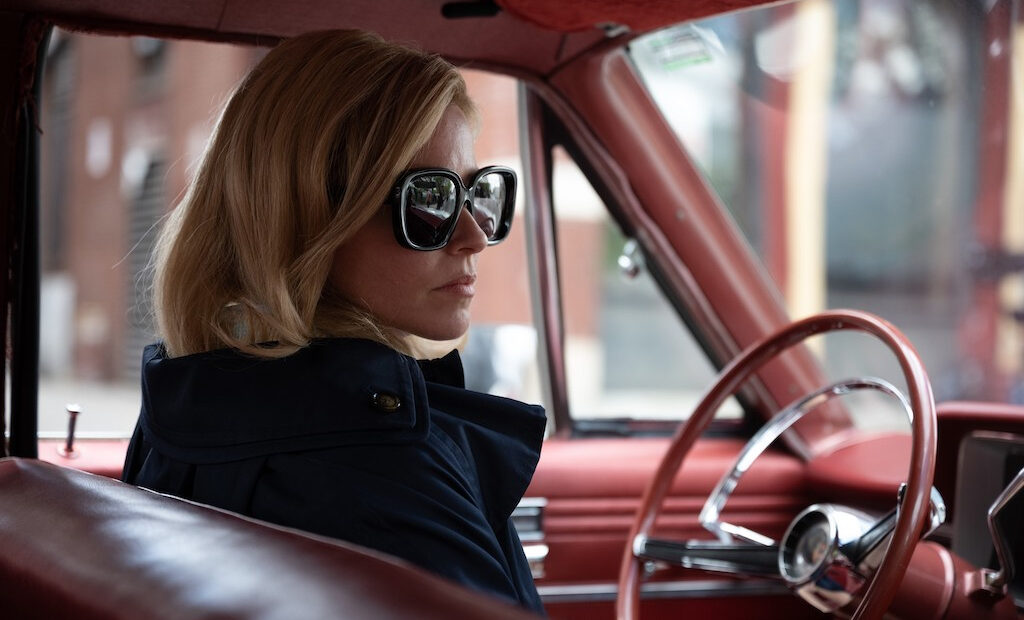Call Jane

In 1968, Joy is pregnant with her second child, when she experiences dizzy spells and fainting. She is diagnosed with a heart condition that could prove fatal if she carries the baby to term. Together with her doctor and her husband, an ascending lawyer, the housewife appeals to the responsible medical board to grant an exceptional abortion. The request is denied, and as she tries to find alternative solutions, further obstacles block her way. When she finds a collective, whose goal it is to help women in situations like hers, she decides to join them.
Based on the real Jane Collective that operated in Chicago between 1969 and 1973, Call Jane makes a piece of the American feminist movement accessible and digestible to modern audiences. Phyllis Nagy (best known for writing the screenplay for Carol) directs her second feature with the life-altering energy typically found in road movies, even though travel in this drama comes down to car trips within city limits. With a predominantly female cast and crew, the very pertinent subject matter is handled respectfully, but the standard the film sets for itself – providing insight into the personal stories of multiple women, who have either worked for or been helped by the foundation – is not entirely realisable in a runtime of two hours. The drama wastes precious minutes on an inconsequential side plot involving Joy’s husband and her neighbour.
Elizabeth Banks expertly leads the impressive cast by playing Joy as an unpredictable homemaker. Her immaculately coiffed hair and elegant attire make it easy to underestimate her strength of character. Even the founder of the underground service, Virginia (played by Sigourney Weaver) mistakes her for someone who “bakes average Snickerdoodles” at first.
Shot on film, the grain in the images not only adds the perfect ingredient to the retro layout, but the picture’s close-ups are rewarded with striking textures of skin. The scenes of the procedures, in which the hustle surrounding legal complications and so on is slowed down to the here and now, are the production’s most potent moments. Seeing the reality of how no woman takes this incredibly personal decision lightly appeals to the audience’s empathy, and will hopefully carry over into their own lives.
Selina Sondermann
Call Jane does not have a UK release date yet.
Read more reviews from our Berlin Film Festival 2022 coverage here.
For further information about the event visit the Berlin Film Festival website here.
























Facebook
Twitter
Instagram
YouTube
RSS